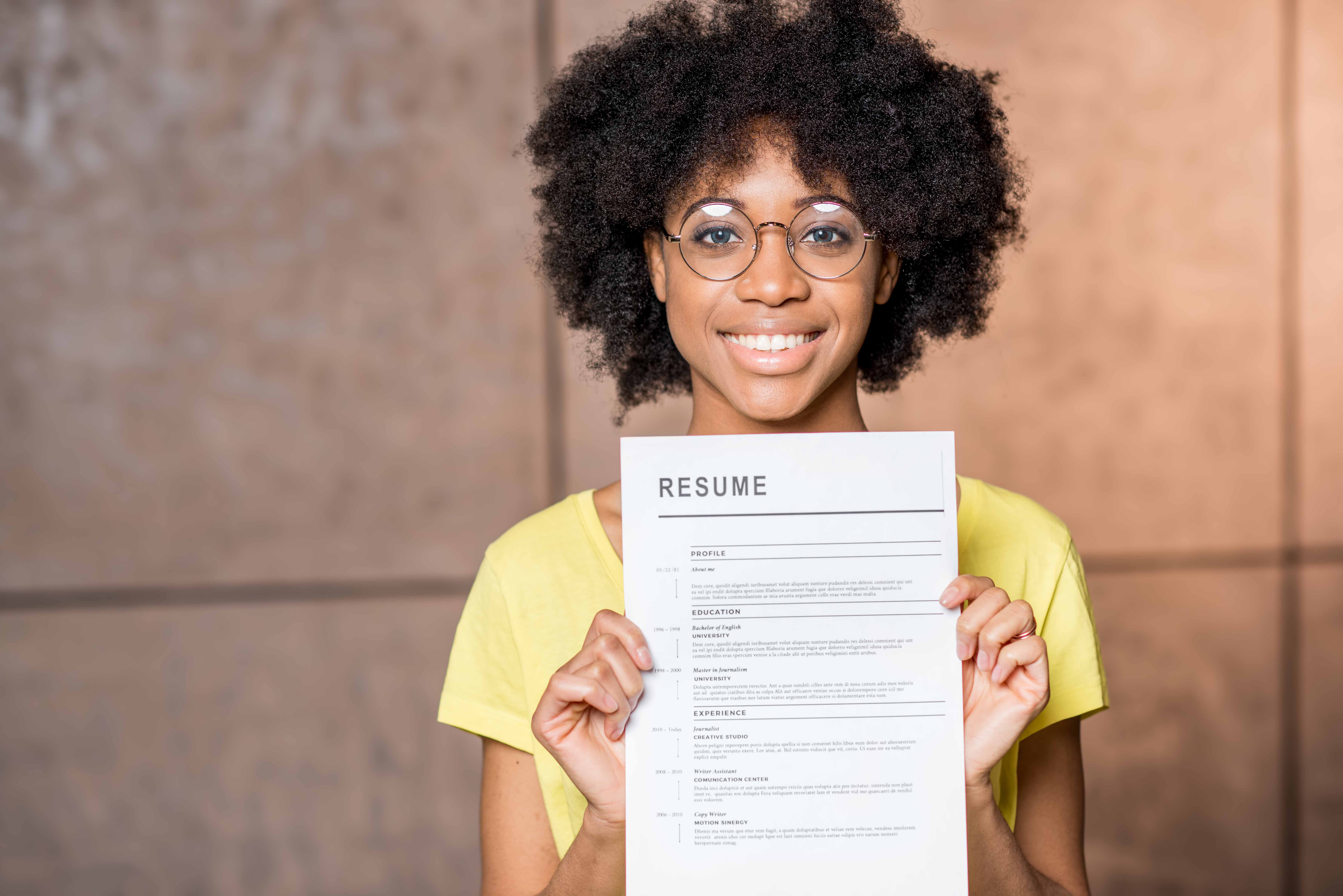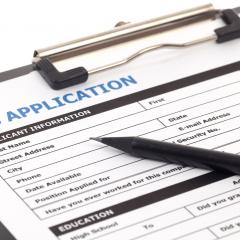by Taylah Berry
At its core, a resume really is quite simple. It’s a list of your experiences and achievements, highlighting why you’re a good fit for a role. But the difference between a good resume and an amazing resume is all in the details. It’s tailoring every resume to each new job application. It’s effectively articulating your experiences in a way that showcases your capabilities. It’s double and triple checking spelling and grammar.

In the Career Development Team, we see hundreds of students’ resumes. Whether they’re a first year looking for some casual experience during study, to mature- age students who have come back to university seeking a new career path. Below are some of the most common mistakes we see.
(Disclaimer: if your resume contains any of these, don’t worry! At the end of the day a resume is very subjective and everyone has their own personal preferences.)
Being too general in the career objective, using ‘fluffy’ statements
It’s tempting to bulk up this section with big fancy words but please resist this urge! Sentences like “A driven professional, dedicated to growing a successful career” seem impressive but are ultimately meaningless. Every sentence you write must have a purpose... otherwise what’s the point? Use this section to give a small insight into who you are, your strengths and your passions.
Listing skills with no evidence to support
Put yourself in the shoes of a recruiter. Someone who's unfamiliar with your background and accomplishments. We often see resumes that list skills such as ‘teamwork’ or ‘project management’. A recruiter might see this and think, “okay but where’s the proof?”. It's crucial to provide tangible evidence to back up these claims and demonstrate how you've applied these skills in real-world scenarios. Rather than listing skills in their own section, use the experience section to talk about the capabilities you demonstrated in each position.
Spelling and grammar errors
A simple mistake but all too common. The most frequent spelling mistake we see is using the American spelling for words, using a ‘z’ instead of an ‘s’. Triple check this before submitting!
Underselling yourself
Don't hold back; your resume is a platform to showcase your accomplishments. It's not about bragging—it's about confidently presenting your skills, capabilities and experiences. Think of it as your spotlight moment to demonstrate the value you bring to the table. Make every word count, and let your achievements shine through! For example:
Instead of saying: Assisted in planning and executing events.
Try saying: Orchestrated the successful planning and execution of 15 events, ranging from corporate seminars to charity galas, with budgets up to $100,000.
Messy formatting
Inconsistent formatting isn't just an aesthetic issue; it can have serious repercussions. Not only does it give your resume a disorganised look, but it could also lead to rejections by companies using automated software to sift through applications. If your formatting isn't spot-on, these programs might instantly dismiss your application.
Listing responsibilities versus skills and achievements
Most employers will know your responsibilities just by reading the job title. Instead of saying what you were tasked with, focus on what you achieved. Check out how these two examples present the same experience of a marketing intern:
Assisted in creating social media content
Attended client meetings and took notes
Helped in organising company events
Prepared PowerPoint presentations for client pitches
Versus:
Orchestrated a successful social media campaign that increased client engagement by 40% and resulted in a 20% rise in website traffic.
Assisted in the coordination of a high-profile industry event attended by over 300 participants, receiving positive feedback for event organisation and execution.
Prepared and delivered persuasive client presentations, aiding in securing two new major contracts worth $50,000 in combined revenue.
See how it becomes much more impressive with some added context and quantified data?
Not having a references section
Like applying for a rental property, a professional referee is someone that can vouch for you... someone you have worked with like a manager or supervisor (it can't be a friend at the same workplace). This person will usually have overseen elements of your professional development and can speak to your contributions in the workplace. If you’re job interview goes well, the recruiter/employer will call your references as a final step in the process. Simply listing 2-3 professional contacts, where they work, and their title is enough. You can also add “contact details to be provided upon request.” No need to include personal information like phone numbers or email addresses.
Leaving out casual or part time work experience
As a student, it’s common that the first job you apply for out of university will be your first time working in that field – and that’s okay! But don’t dismiss any casual or part time work you may have done while studying. Maybe you served tables at a restaurant, or you washed and groomed pet dogs on weekends... it’s often worth mentioning these experiences as they come with loads of transferable capabilities like teamwork, communication skills or working to tight deadlines.
Including personal address and/or photo
In Australia, these two things are not required. The employer doesn’t need to know your street address, and it shouldn’t matter what you look like!
Not tailoring to the job description
Sending the same generic resume for every job application doesn't effectively highlight how your capabilities and experiences match the specific requirements of the position. Failing to align your resume with the job description can give the impression that you're not genuinely interested in the role or haven't taken the time to understand its demands. Tailoring your resume by emphasising relevant skills, experiences, and achievements will definitely increase your chances of catching the recruiter's attention and securing an interview.
For a more comprehensive guide to building your resume check out this resource.



